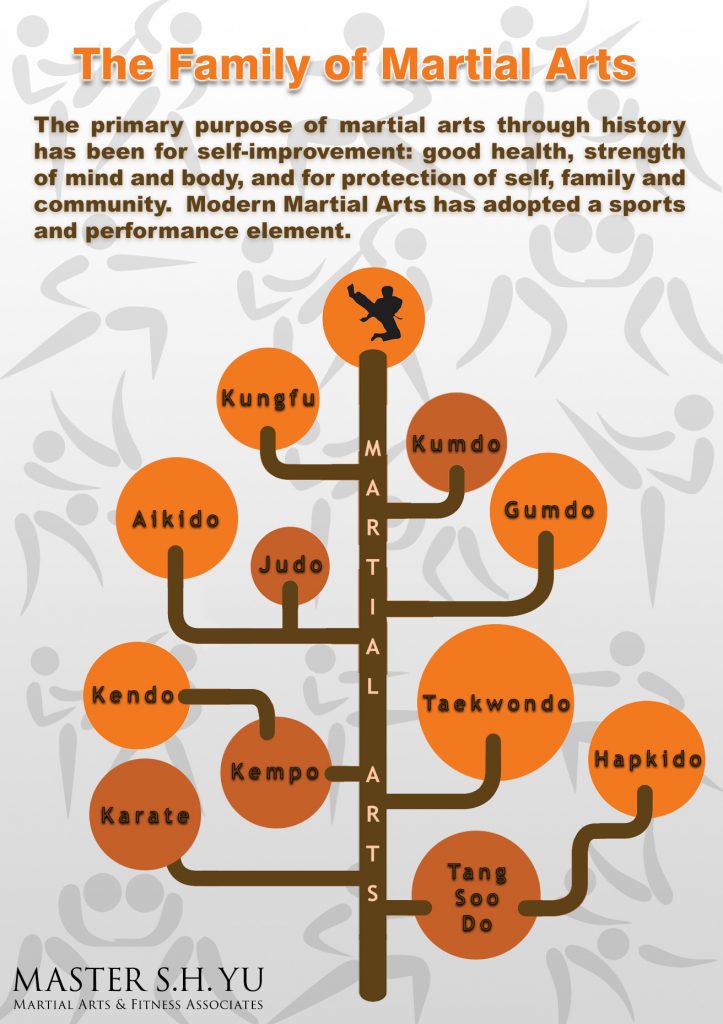The Worldwide History And Transformation Of Martial Arts
The Worldwide History And Transformation Of Martial Arts
Blog Article
Author-Sutton Vick
Martial arts have a remarkable history that covers centuries and continents. You might locate it intriguing exactly how old methods like Shuai Jiao and Kalaripayattu laid the groundwork for contemporary fight methods. These disciplines not only highlight physical abilities however likewise reflect the societies that birthed them. As you discover their evolution, take into consideration exactly how globalization has actually changed these traditional kinds into crossbreed styles. What influences do you think have shaped today's martial arts landscape?
Ancient Martial arts: The Structures of Combat
As you look into the globe of old martial arts, you'll discover the abundant structures that formed fight strategies across societies. Very early methods focused on Self-Defense and survival, often integrating strikes, grappling, and weaponry.
In old China, as an example, strategies like Shuai Jiao emphasized throws and joint locks, while India's Kalaripayattu showcased dexterity and fluid movement. https://self-defense-moves-every92127.bloggerchest.com/34981054/checking-out-the-spiritual-element-of-fighting-style-finding-inner-peace developed Kenjutsu, a refined swordsmanship that highlighted discipline and technique.
These martial arts offered not just for fight but likewise as a means of personal development, instilling worths like regard and willpower. The blending of these techniques over time prepared for the varied martial arts you see today, each mirroring the distinct philosophies and demands of its culture.
The Social Impact on Martial Arts Growth
While martial arts typically reflect the functional demands of a society, they additionally symbolize the social worths and ideas of their origins. When you discover different martial arts, you'll observe exactly how they're influenced by religious beliefs, philosophy, and social norms.
As an example, the emphasis on regard and technique in Japanese martial arts comes from Zen Buddhism and samurai culture. On the other hand, Brazilian Jiu-Jitsu promotes adaptability and technique, shaped by the need for efficiency in a diverse, modern setting.
You might discover that the routines, uniforms, and training approaches mirror a community's history and identity. By comprehending Read Significantly more , you grow your admiration of martial arts and their function in shaping human experiences across the globe.
Modern Adaptations and the Globalization of Martial arts
Martial arts have actually changed dramatically in recent decades, adapting to modern society and worldwide influences. what type of martial arts is best for kids 'll see that traditional types have combined with modern strategies, developing hybrid styles like MMA. These adaptations cater to varied audiences, making martial arts accessible and attractive globally.
With taekwondo classes for adults of social networks and electronic systems, you can find tutorials and competitions from all corners of the world, damaging geographical obstacles. This globalization has brought about a common appreciation for various disciplines, from Brazilian Jiu-Jitsu to Taekwondo.
As you involve with these arts, you'll understand they're not practically combat; they advertise health and fitness, discipline, and psychological well-being.
Eventually, modern adjustments have improved the martial arts landscape, making it a dynamic and evolving practice.
Final thought
In checking out the history and advancement of martial arts, you reveal an interesting mix of methods, societies, and philosophies. From ancient self-controls like Shuai Jiao and Kalaripayattu to the modern-day flexibility seen in mixed martial arts, martial arts reflect humankind's quest for Self-Defense and individual development. As you involve with these practices, you not only acquire skills yet likewise a much deeper gratitude for the varied traditions that form our globe today. So, continue your journey and accept the art of fight!
